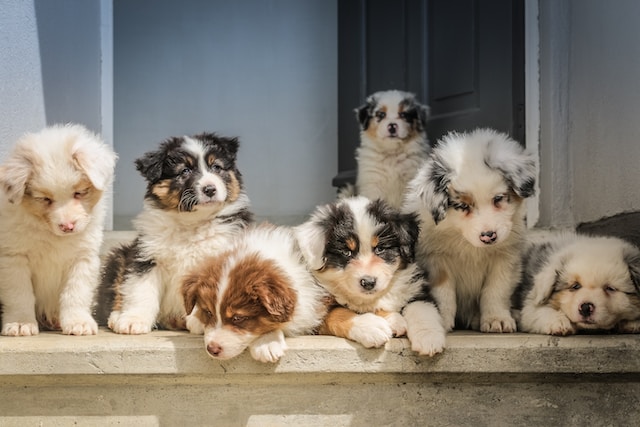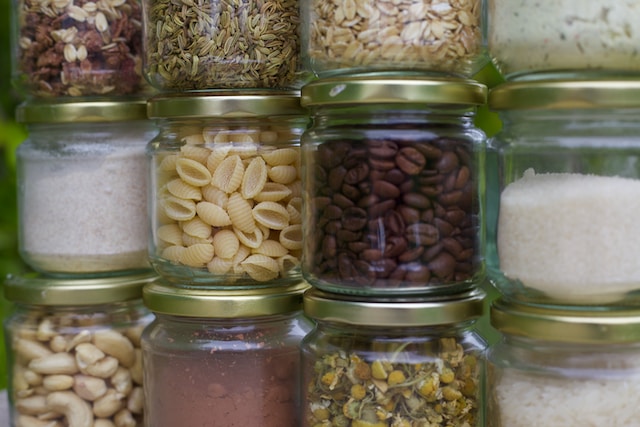
When faced with pest issues, it can be challenging to find a balance between effective Raleigh pest control and the well-being of our furry companions.
In this comprehensive guide, we will delve into pet-safe pest control practices that allow you to protect your home from unwanted invaders while prioritizing the safety of your beloved pets.
From preventive measures and natural remedies to professional assistance, we’ll equip you with the knowledge and tools to create a pest-free haven for both you and your furry friends.
Tip 1: Regular Cleaning
Maintaining a clean and tidy home is crucial in preventing pest infestations and keeping your pets safe. Regular cleaning helps eliminate potential food sources and hide spots for pests.
Vacuuming, sweeping, and mopping floors remove dirt and debris and pick up food crumbs that can attract pests. Pay close attention to areas where your pets eat and spend time, as pet food can be an enticing draw for pests.
Regularly washing your pet’s bedding and toys is also essential. The bedding should be cleaned in hot water to kill potential pests or eggs. Additionally, promptly remove spilled food or water, as this can attract pests and create an environment conducive to infestations.
Tip 2: Focus on Proper Food Storage
Proper food storage is vital to prevent pests in your home. Pests can chew through flimsy bags or boxes of pet food, leading to contamination and infestations. Store pet and human food in airtight, rigid plastic or metal containers to keep pests out.

When storing pet food, consider the following tips:
- Avoid leaving food out for extended periods. Instead, serve measured portions and remove uneaten food.
- Clean and wash pet food bowls regularly to eliminate food residue that may attract pests.
- Store pet food in a separate area from human food to reduce the risk of cross-contamination.
- If you buy pet food in bulk, immediately transfer it into sealed containers.
Tip 3: Seal Insect Entryways
Pests can find their way into your home through even the tiniest cracks and openings. Inspecting your home for potential entry points and sealing them off \prevents pests from gaining access.
Pay attention to areas around doors, windows, utility openings, and pipes. Use caulk, weatherstripping, or other appropriate materials to seal gaps where your pest roommate may sneak inside.
Tip 4: Try Natural Repellents
Some natural repellents are excellent pet-safe pest control methods to keep bugs and rodents out without impacting your furry friends. Certain herbs and plants, like mint, lavender, or rosemary, are natural repellents against common household pests that you can plant outdoors or place out of reach from your pets.
But what about essential oils? Some essential oils combined with water could create a useful and easy spray to keep pests at bay. However, be mindful of what you choose and always research before introducing new scents or chemicals into your home.
While many natural remedies are generally safe for your pets, some essential oils are toxic to animals when ingested or inhaled in large quantities. Always consult with your veterinarian before using any of these products around your pets, and keep them out of reach of your pets.
While they can help deter pests, they may not be as effective as conventional insecticides that professional pest agencies offer for severe infestations. Regular reapplication may be necessary.
Tip 5: Make or Buy Pet-safe Insect Traps
Consider using pet-safe pest traps or baits if you have a specific pest problem, such as ants or cockroaches. These products are designed to attract and trap pests while keeping them contained and away from your pets.
Look for products labeled explicitly for pet-safe pest control and follow the instructions carefully—place traps where pets cannot access them, such as under furniture or in locked cabinets.
If you have a severe or persistent pest problem, it’s advisable to consult with a professional pest control service for comprehensive management and control. Remember always to prioritize the safety and well-being of your pets when selecting and using pest control methods.
Consult your veterinarian or a professional pest control expert for personalized advice for any concerns or questions.
Looking for Pet-safe Pest Control in Raleigh? Contact Us!
Creating a pest-safe environment for your pets goes beyond eliminating pests. It’s about cultivating a healthy home where you and your pets can thrive. By implementing the pet-safe pest control tips discussed in this blog, you can ensure the well-being of your furry friends while effectively managing pest issues.
Remember, maintaining cleanliness, employing natural remedies, and seeking professional assistance when needed are critical steps in the ongoing journey of pet-safe pest control.
With Innovative Pest Solutions, you can have peace of mind knowing that we are committed to providing effective pest control solutions in Raleigh, North Carolina, without compromising the safety and well-being of your pets. Trust us to create a pest-free environment you and your pets can enjoy.





